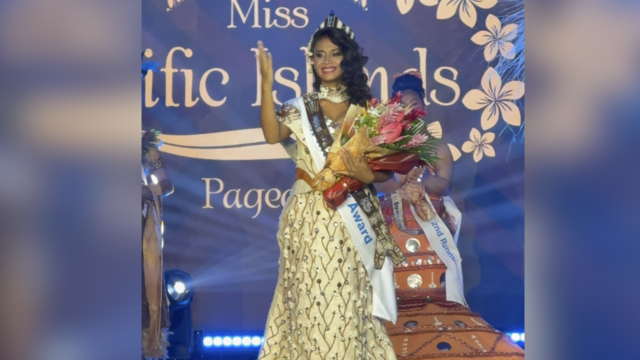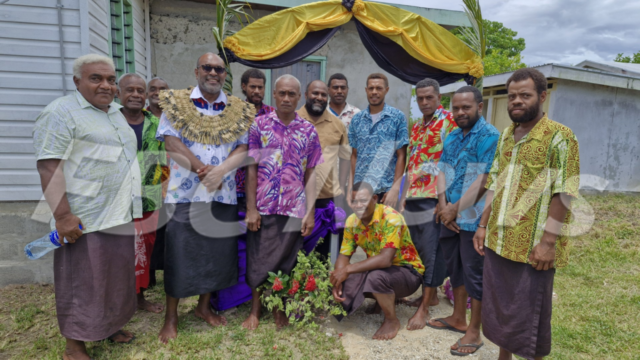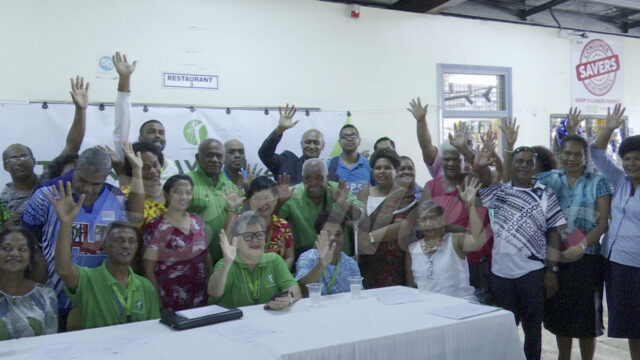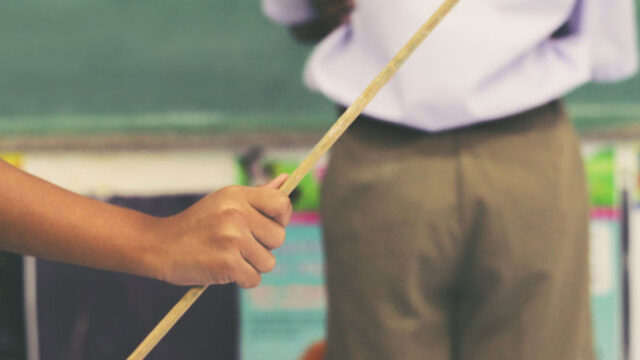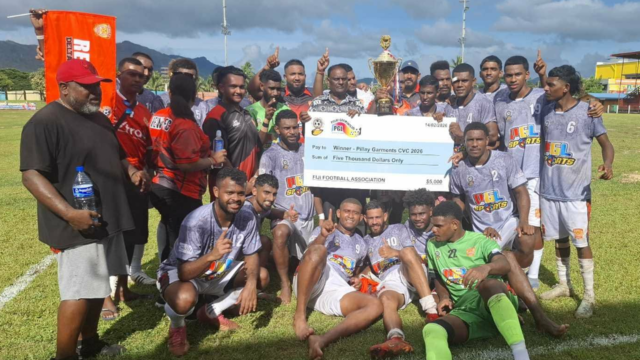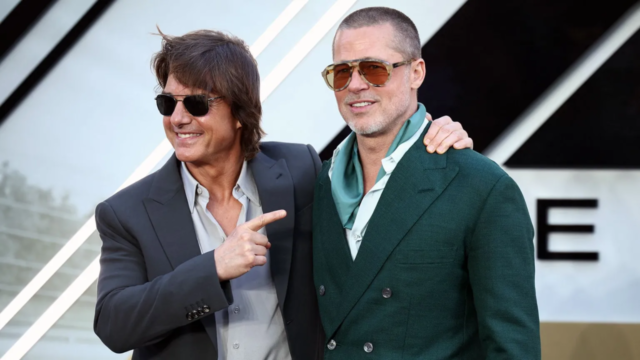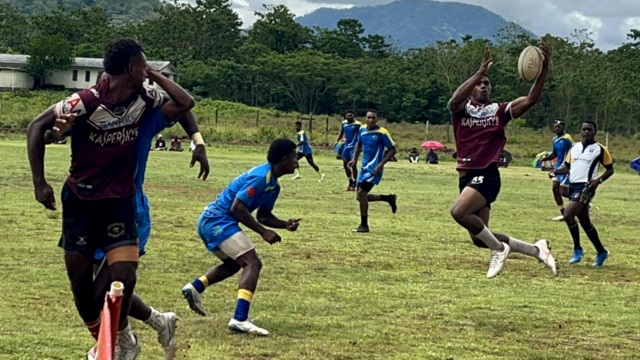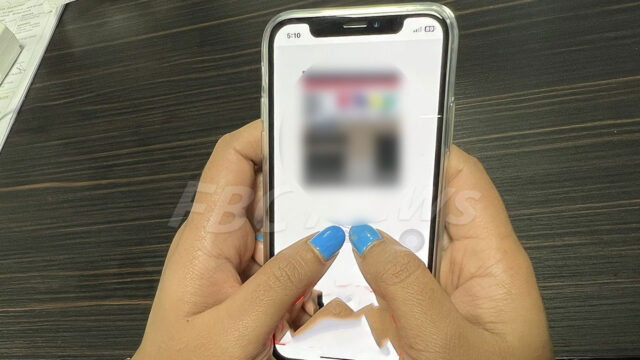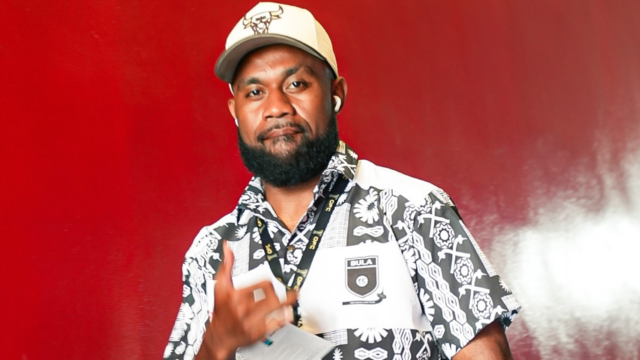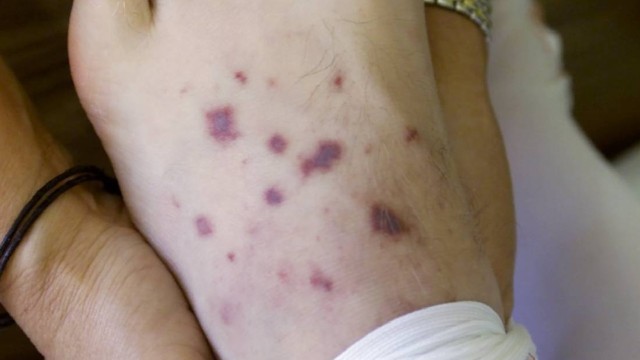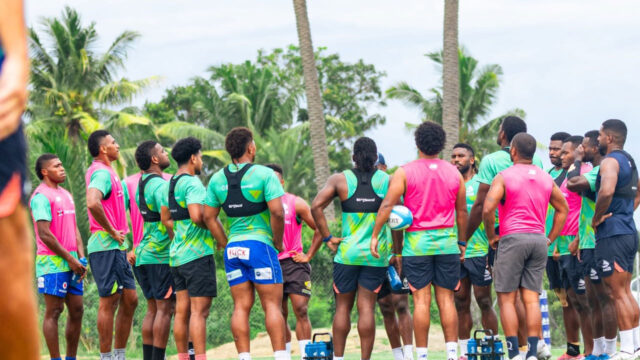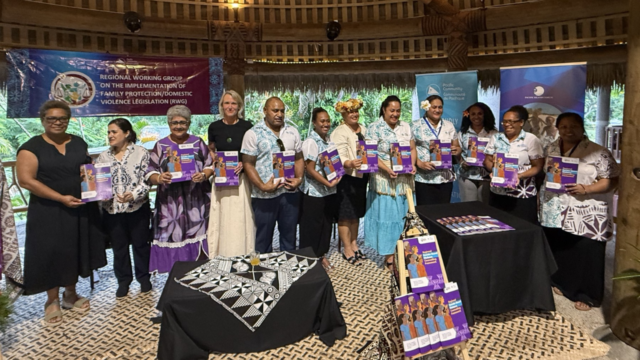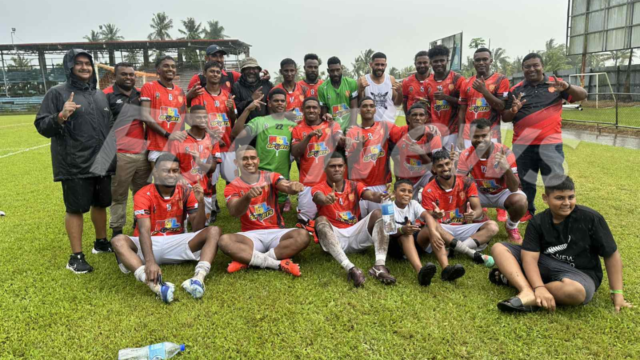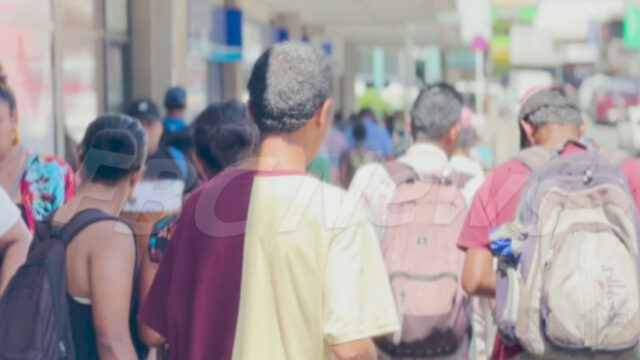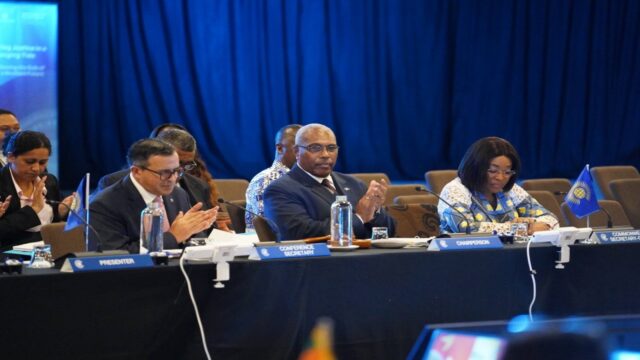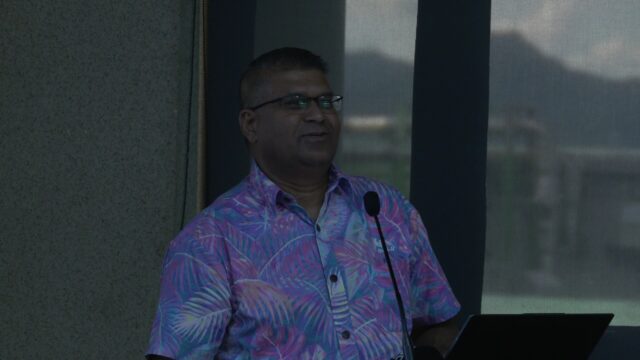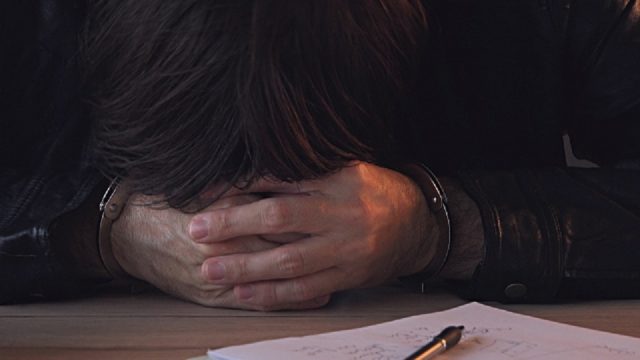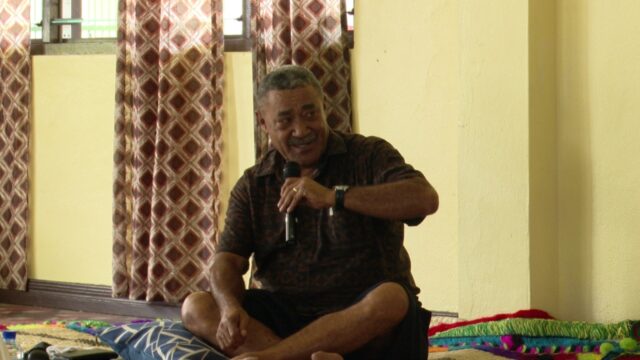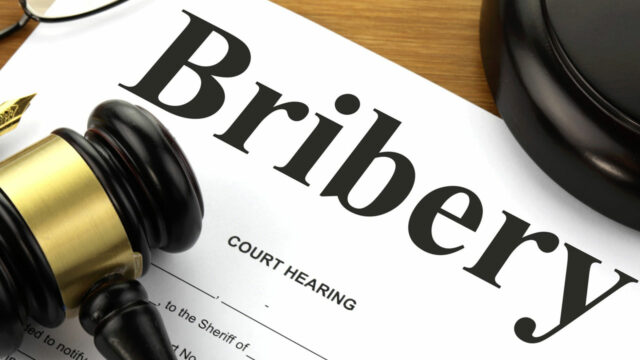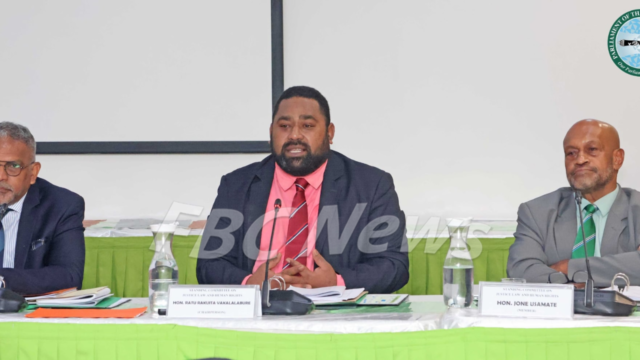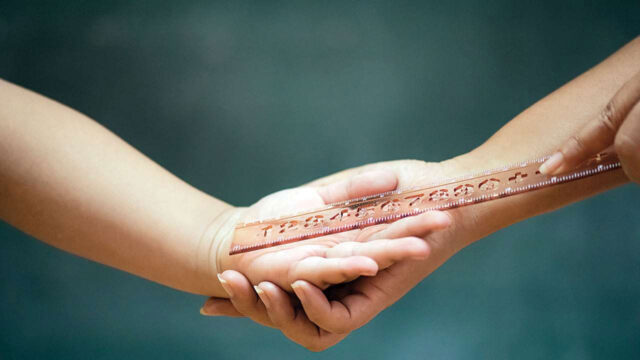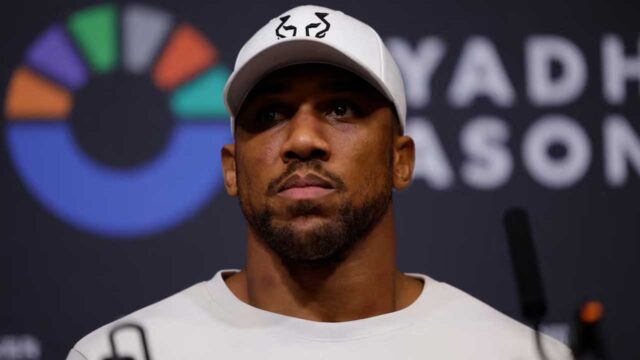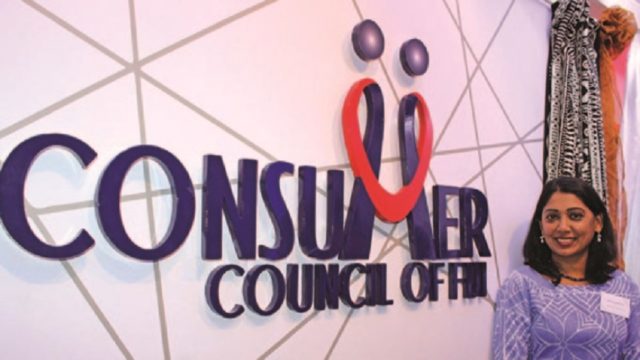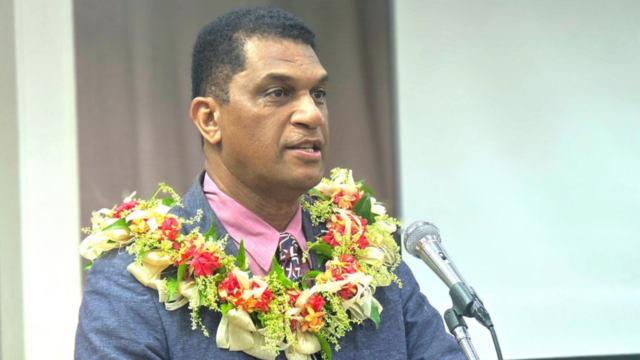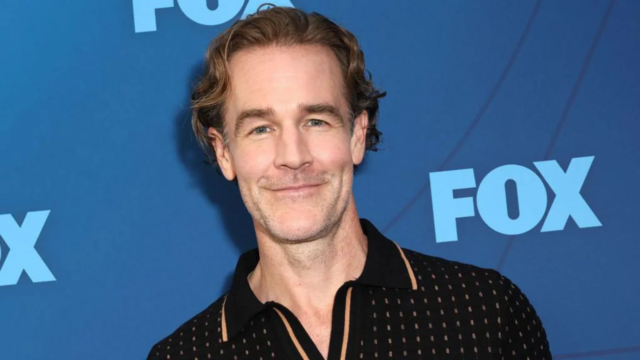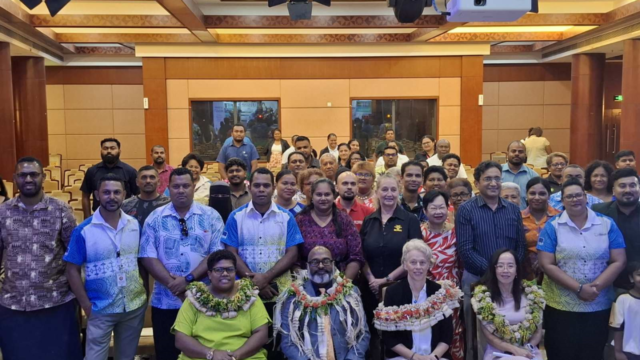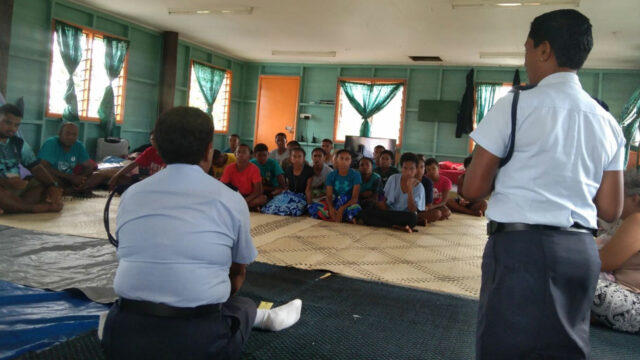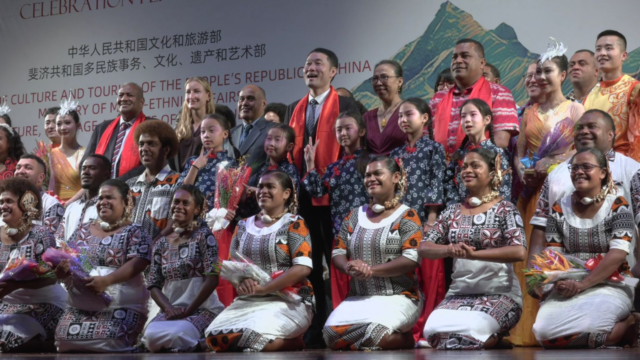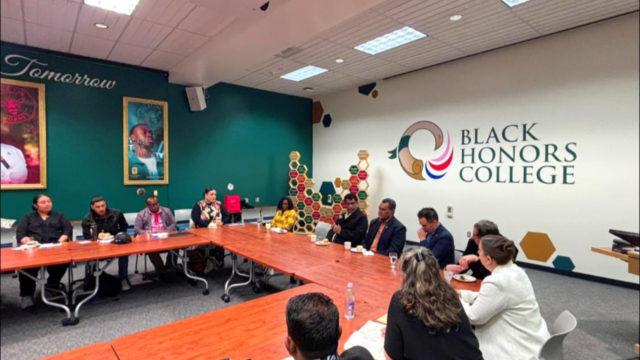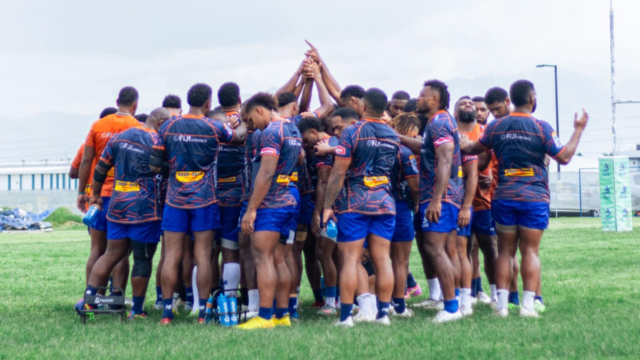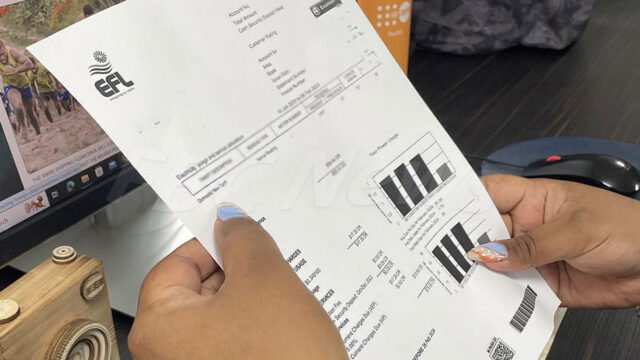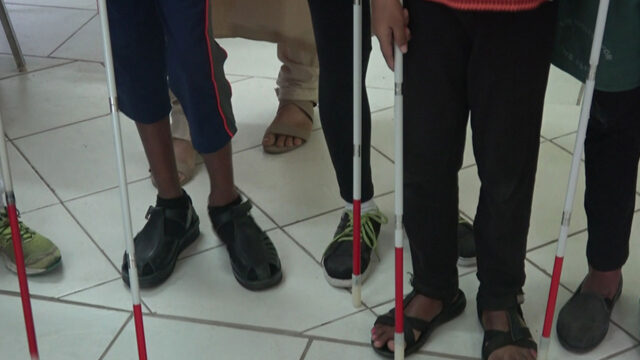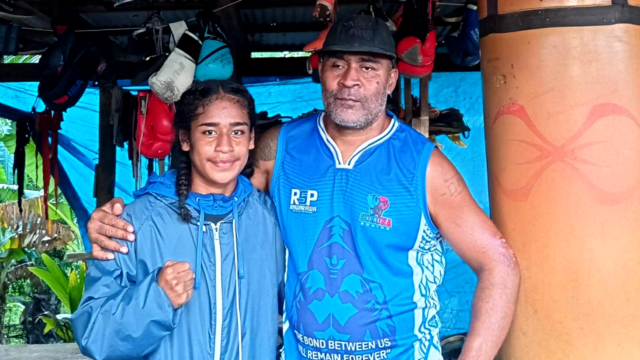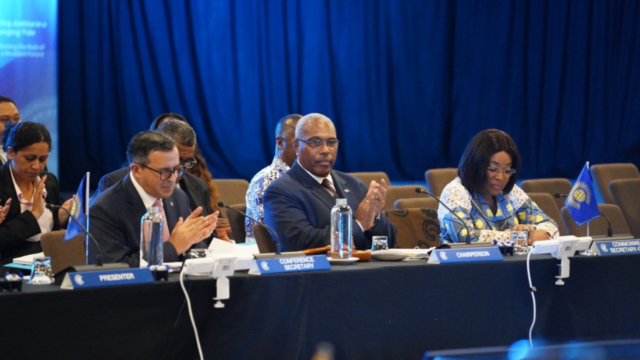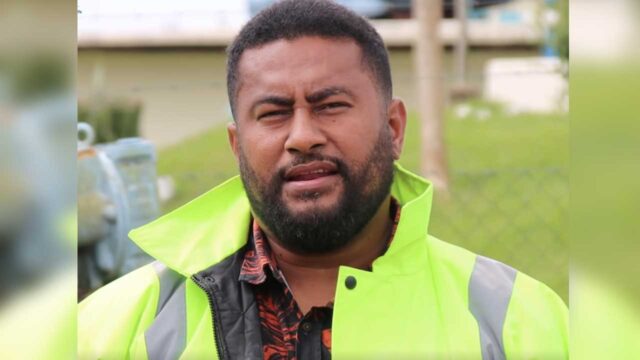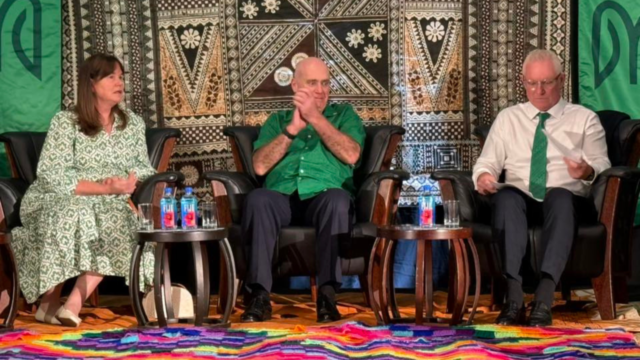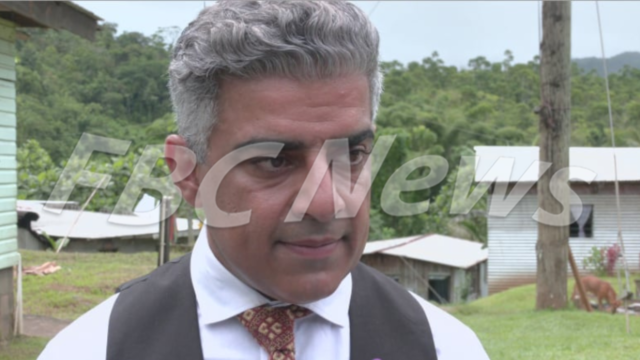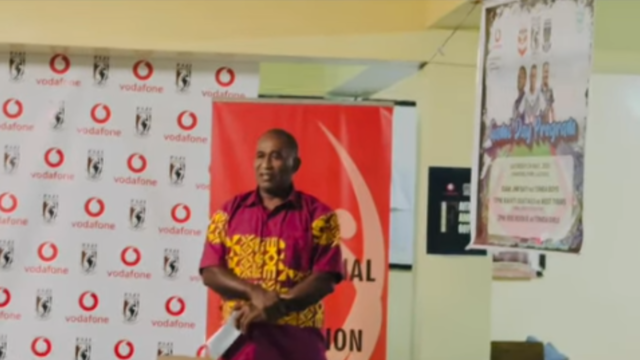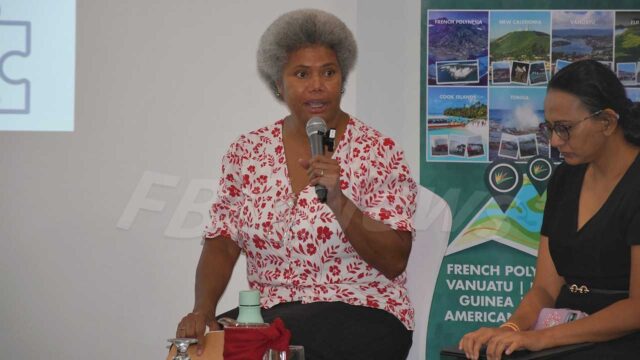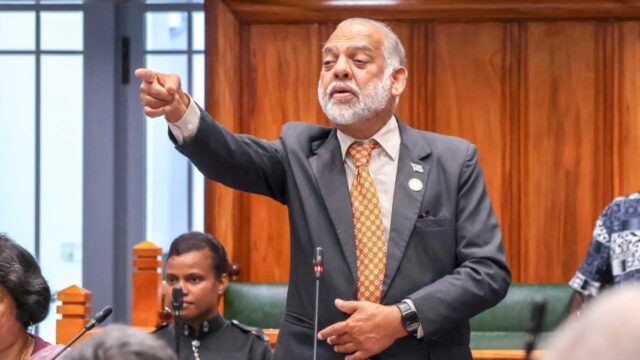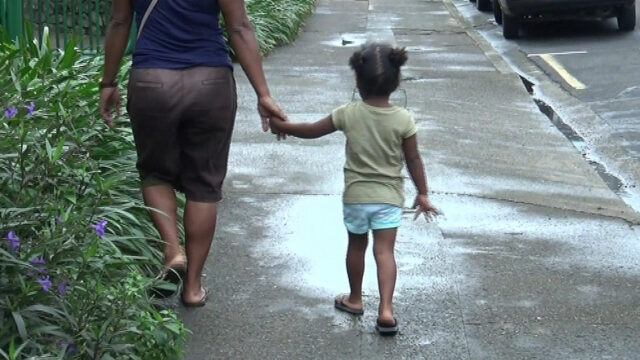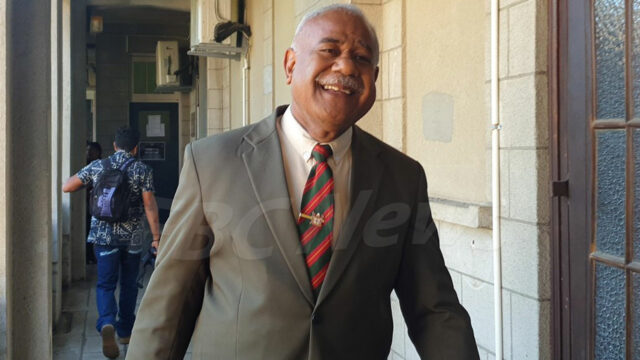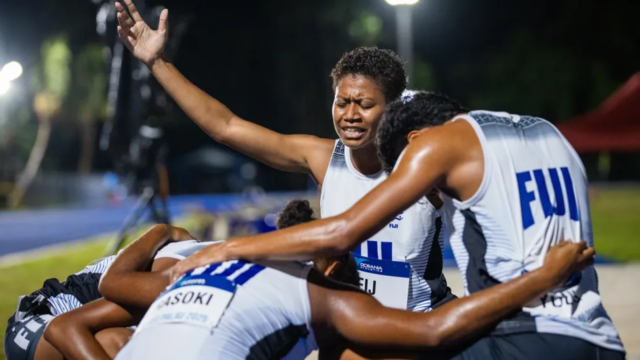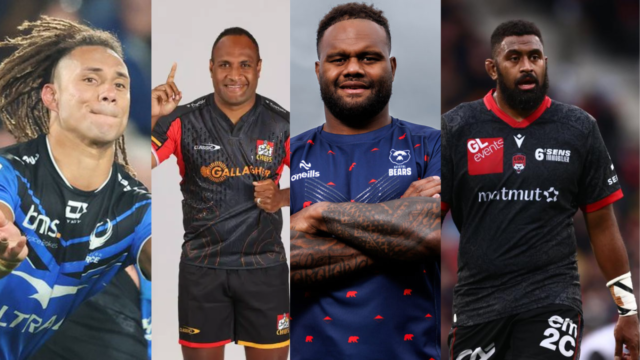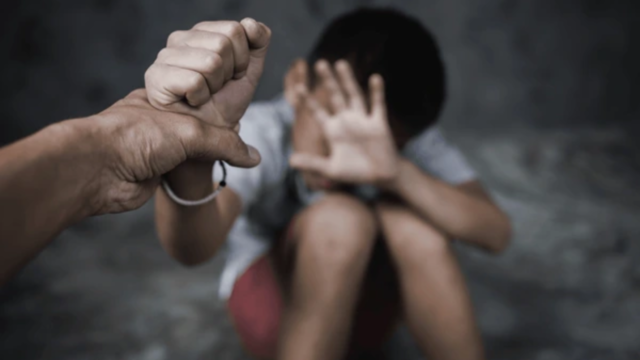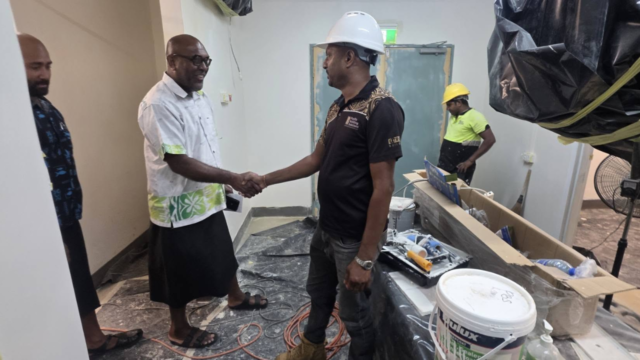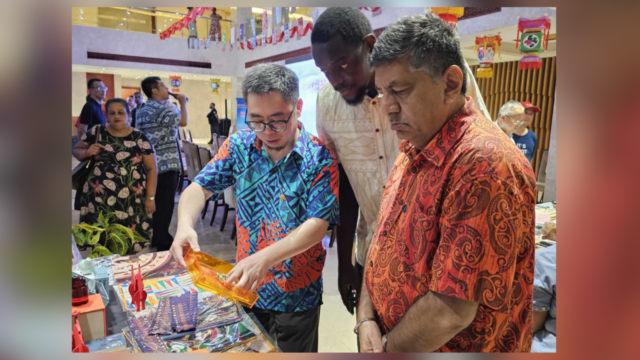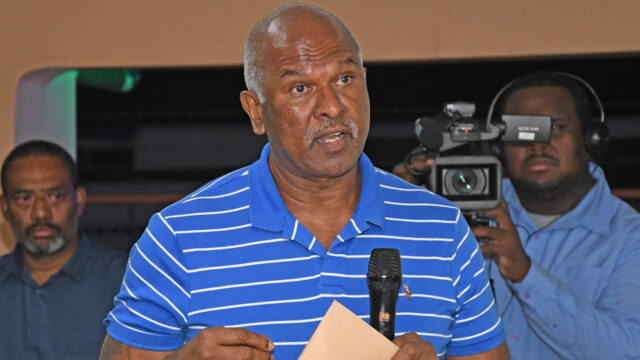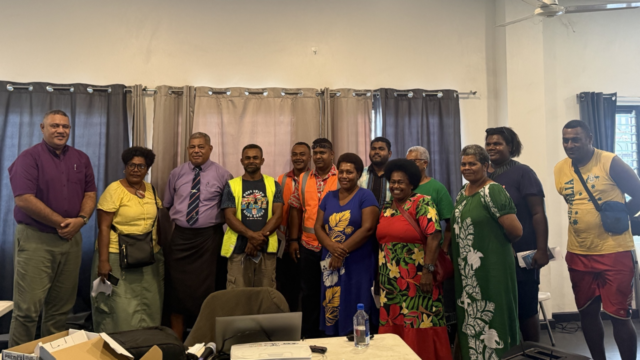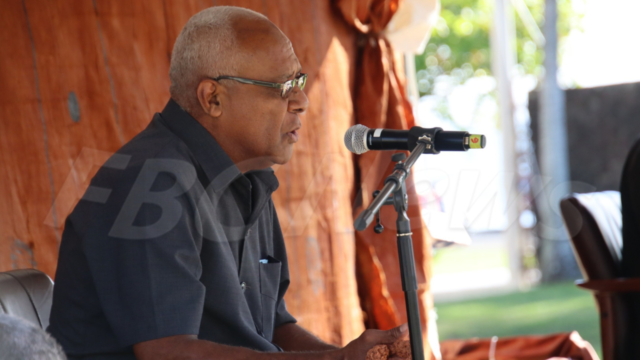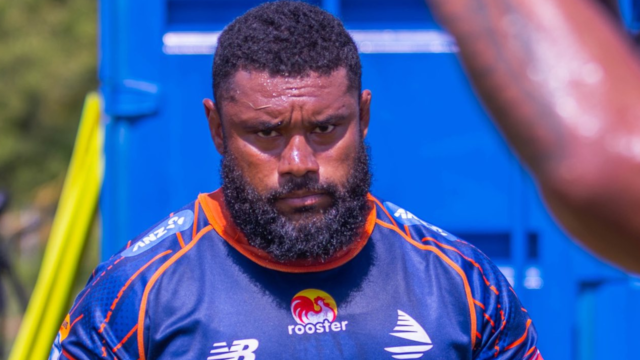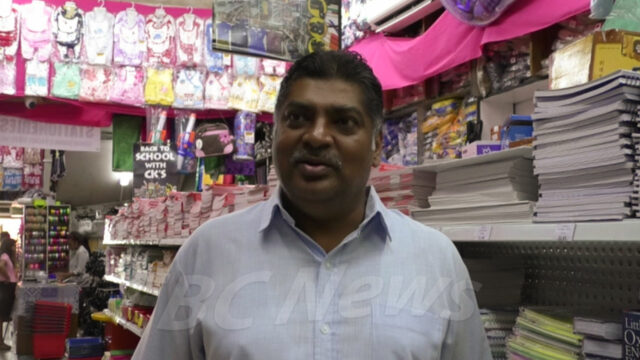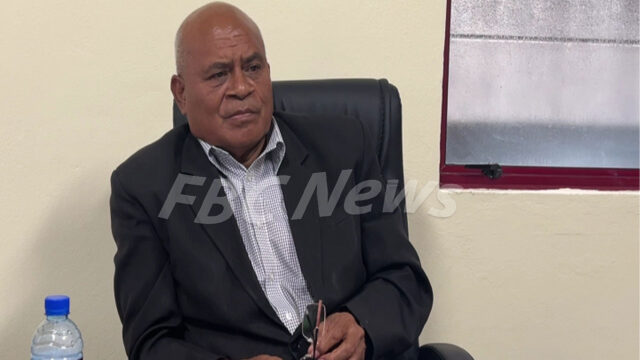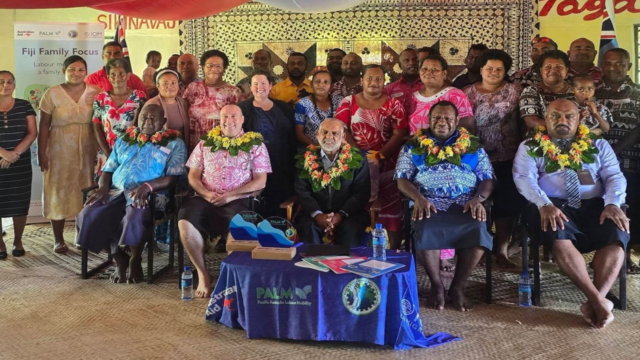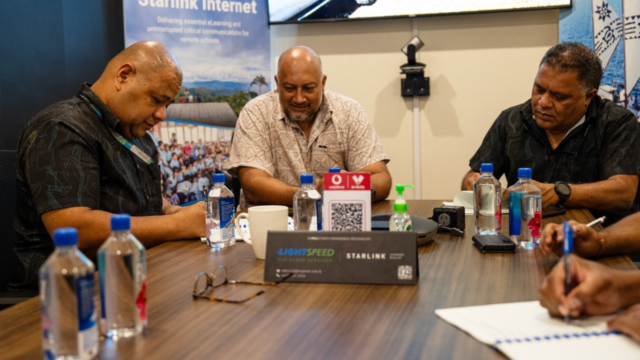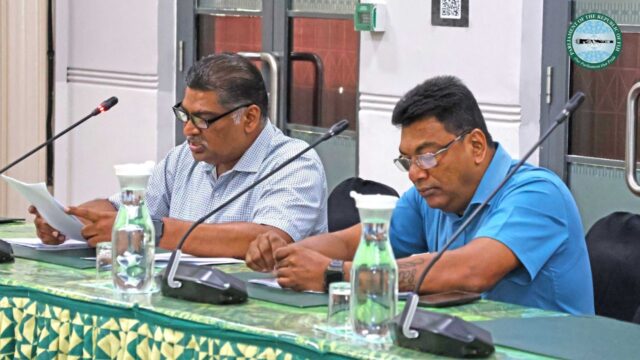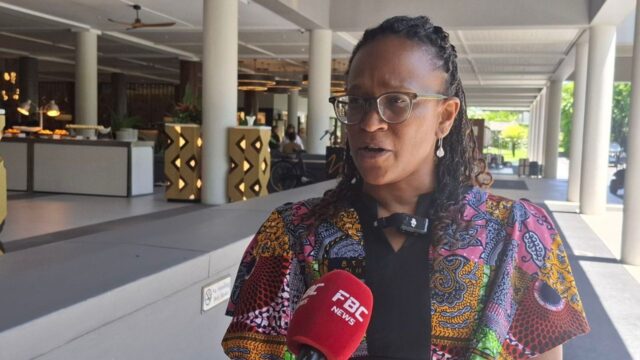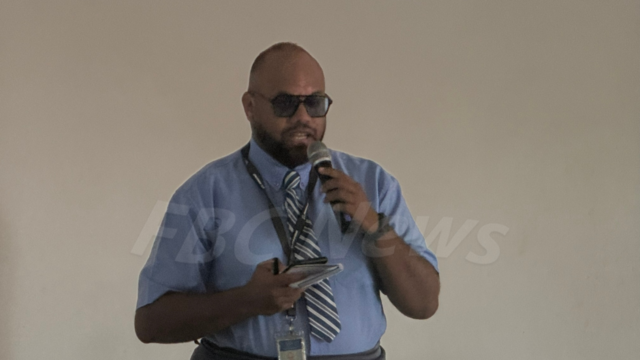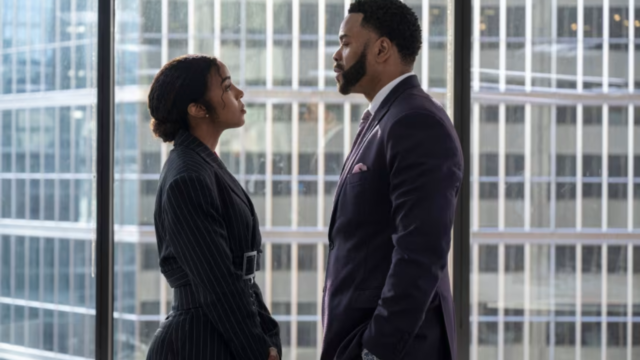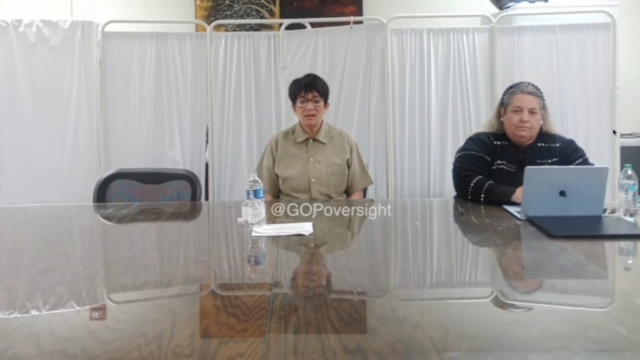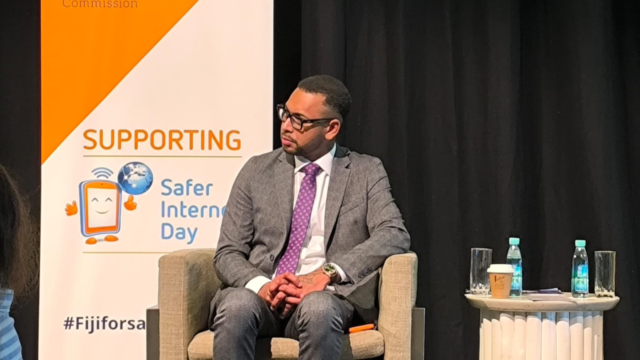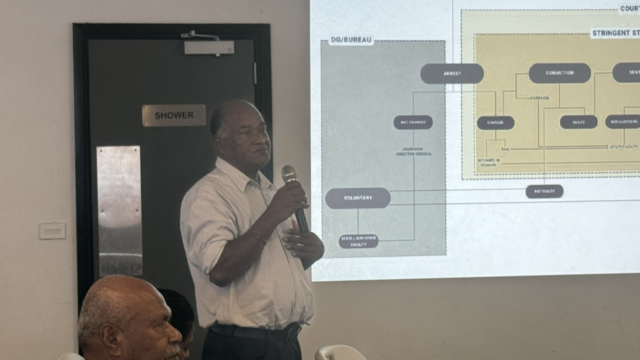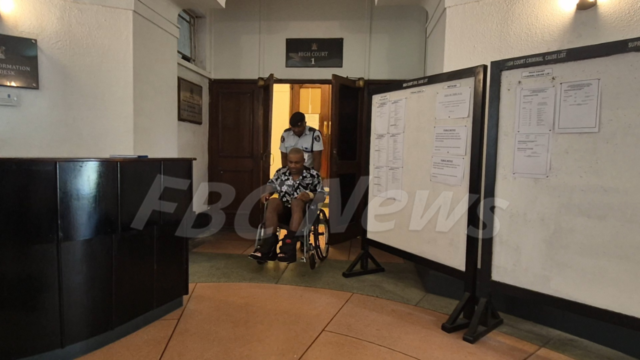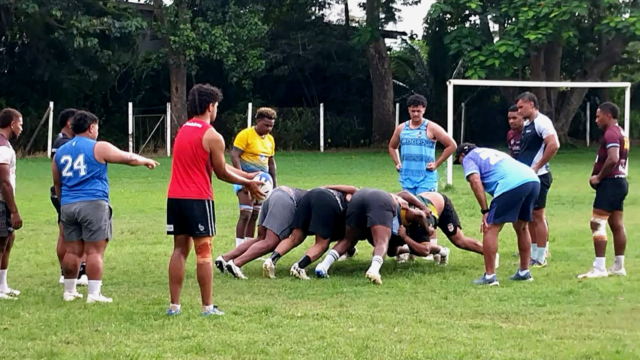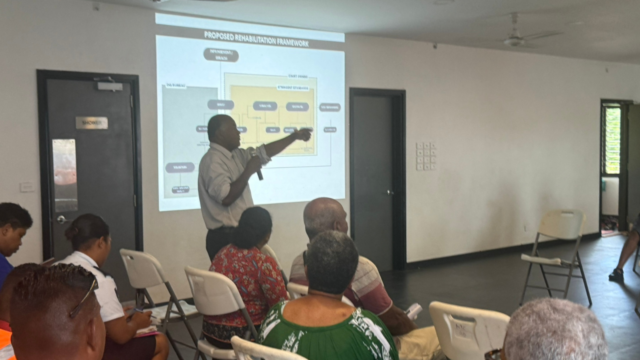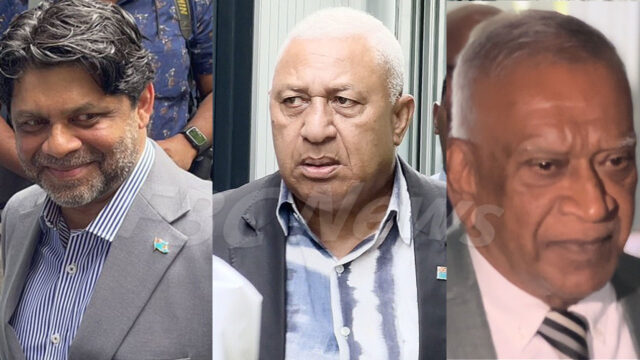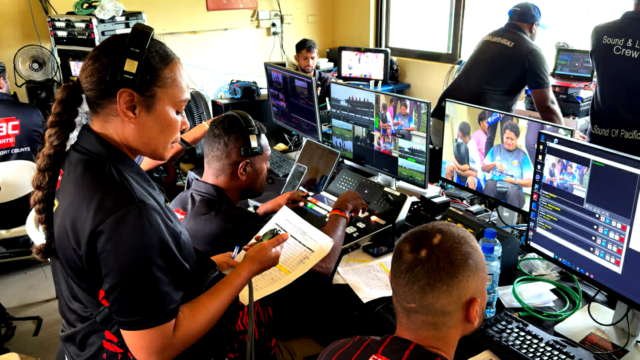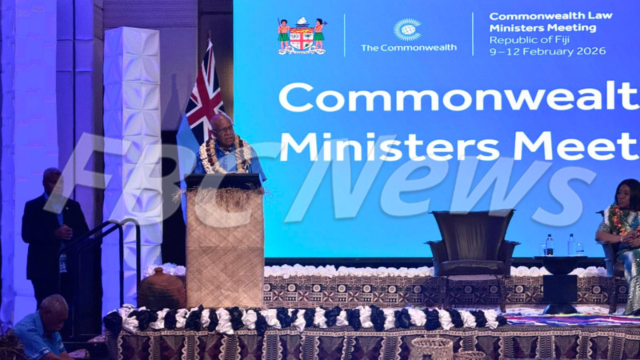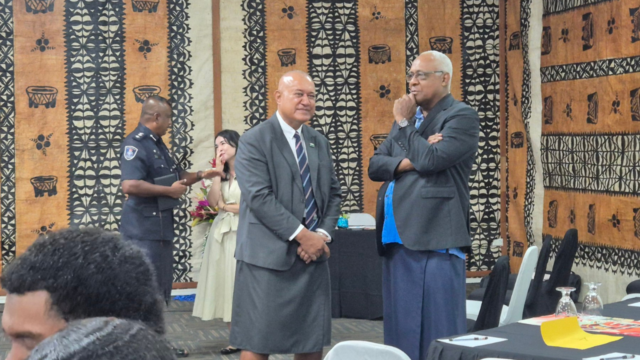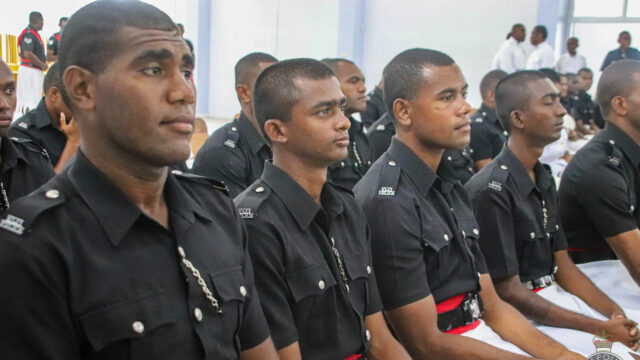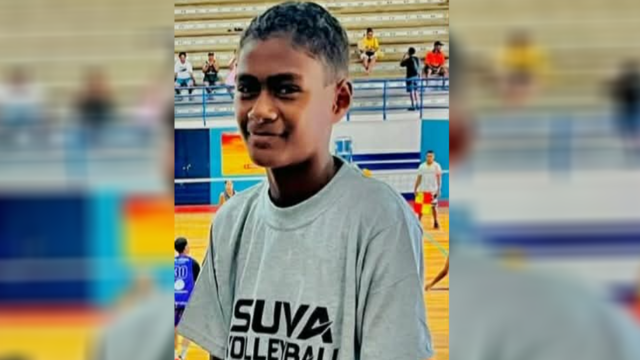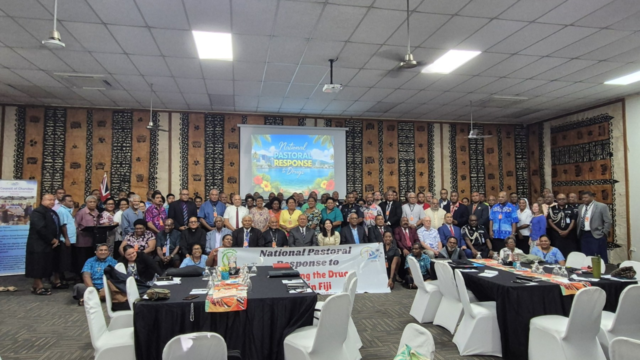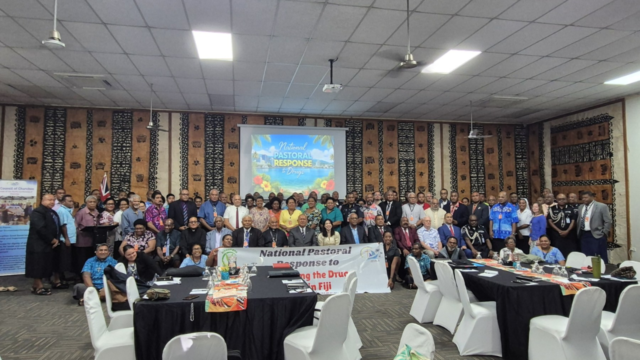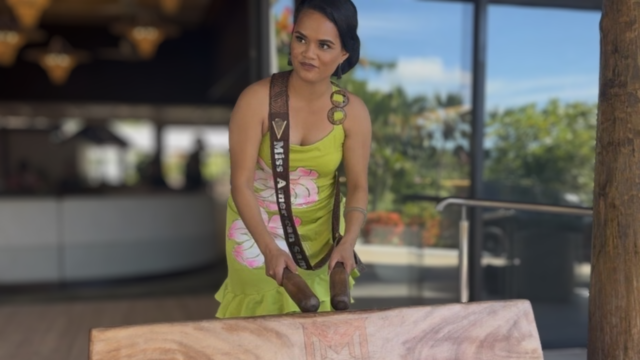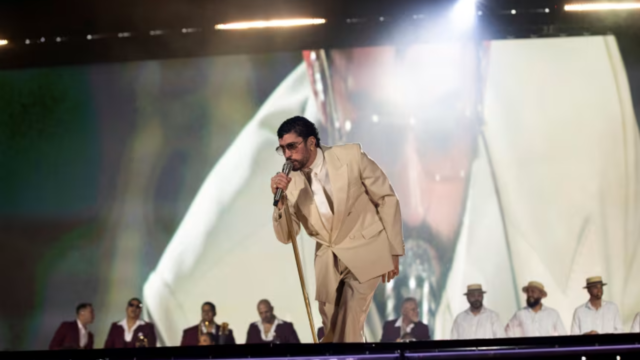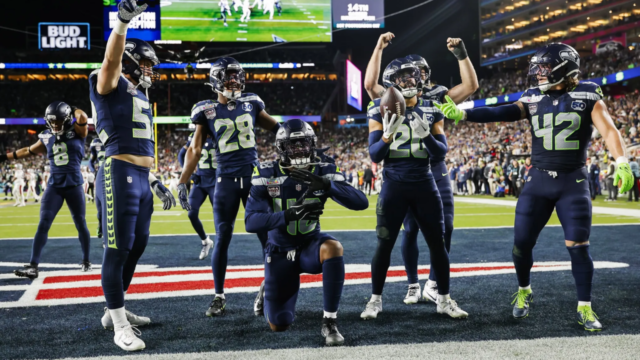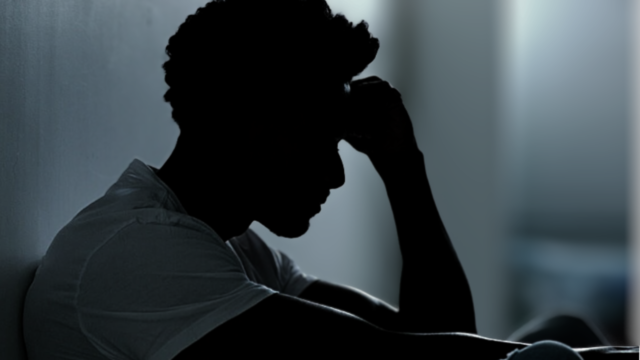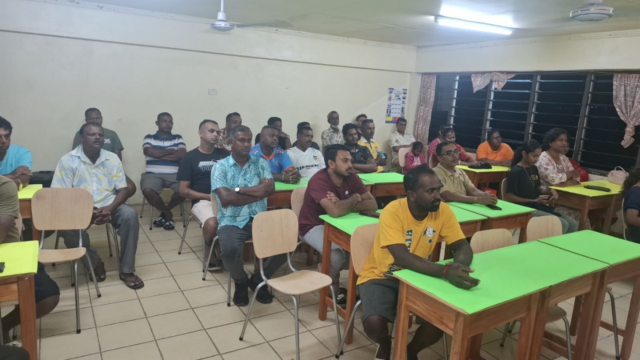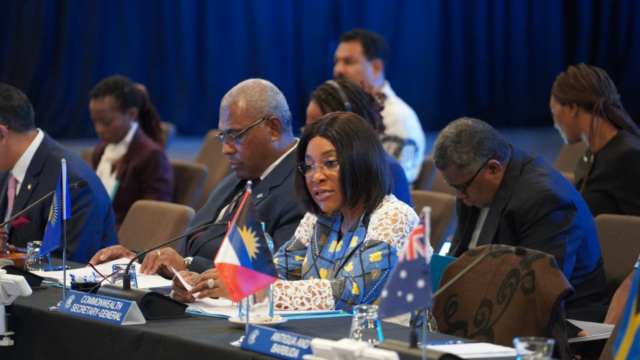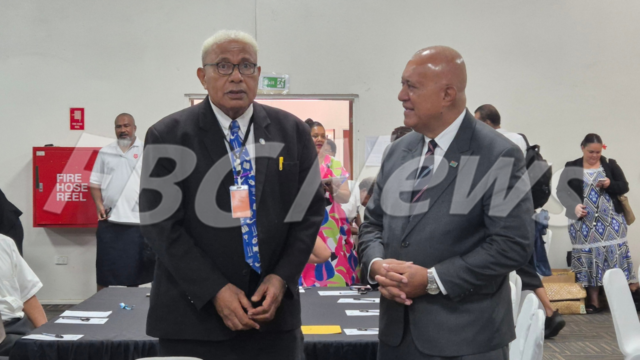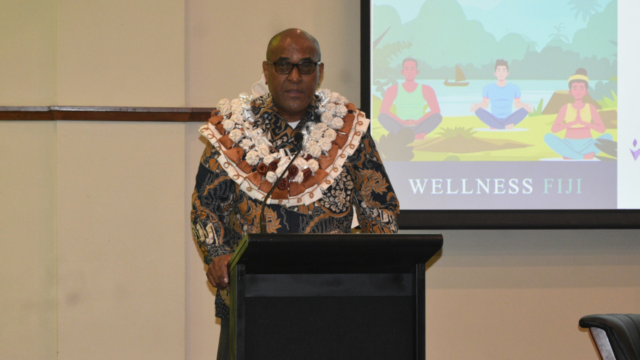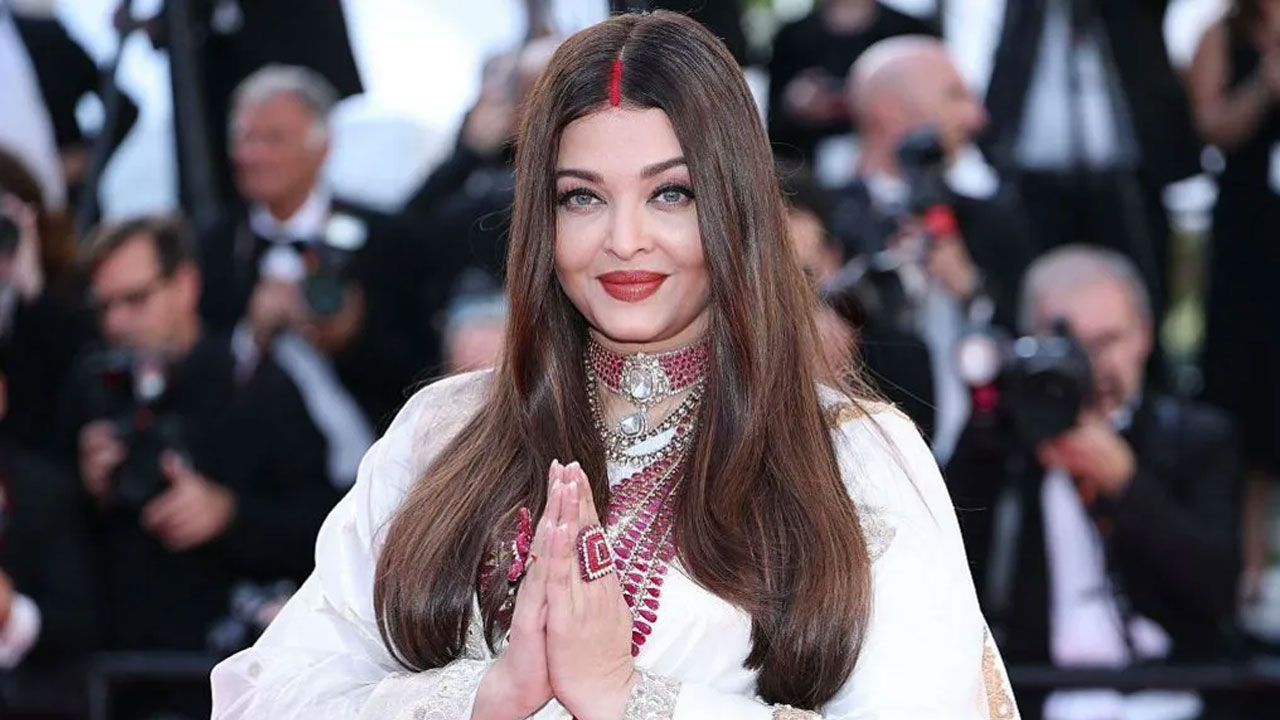
Aishwarya Rai Bachchan [Source: BBC]
Could an AI-generated selfie with a Bollywood star get you into trouble? It might.
In the past couple of weeks, some of Bollywood’s biggest celebrities have sought to legally protect their “personality rights”. The list includes director Karan Johar, actress Aishwarya Rai Bachchan, and her husband and actor Abhishek Bachchan.
Personality rights, also called publicity rights, refer to a person’s right to benefit, commercially or otherwise, from their identity or persona. This includes the person’s name, image, voice, mannerisms or even a catchphrase or gesture that’s unique to them.
These rights also protect a person’s identity from being misused or commercially exploited, and do not extend beyond the individual.
So, a celebrity can profit from their fame by endorsing a product for a fee, but their image cannot be used by another person to promote a product without consent.
India does not have a dedicated law protecting personality rights, so judges defer to common law – which are laws developed by judges by applying legal principles – to decide on cases. This is different from some states in the US, like California – home to Hollywood – where publicity rights are protected under statutory law.
These rights are routinely violated in India, where it is common for small businesses and shops to use images of Bollywood celebrities for promotional purposes.
In their pleas to the Delhi High Court, Bollywood celebrities have raised concerns about their identities being misused for unauthorised merchandising, creation of fake profiles and websites, and for making obscene AI-generated content among other things.
The courts have upheld their personality rights and directed the defendants and related platforms to remove the unlawful content.
This isn’t the first time that celebrities have gone to court over the issue.
In 2023, Bollywood actor Anil Kapoor sued several websites and platforms for commercially exploiting his name, image, voice as well as the catchphrase “jhakaas” (the Marathi word for awesome) which came to be associated with him after he used it in one of his films.
Last year, the Delhi High Court upheld actor Jackie Shroff’s personality rights by prohibiting his name, image and even nicknames from being used without his permission.
Nikhil Krishnamurthy, a senior partner at the firm K Law told the BBC, that the first instance of an Indian celebrity asserting their personality rights dates back to 2002, when singer Daler Mehndi – who is credited with making Bhangra music popular all over the world – approached the court over unauthorised dolls being made in his likeness.
Krishnamurthy, who was Mehndi’s lawyer, recalls the dolls being sold widely in local markets. Just like the singer, they sported colourful turbans and robes and the battery-operated ones even sang his hit songs.
The Delhi High Court’s landmark ruling prohibiting their unauthorised manufacturing and sale, set a precedent for later cases, which have increased since 2023, according to Mr Krishnamurthy.
But despite legal victories, he says India still has a long way to go when it comes to safeguarding publicity rights, especially compared to the West.
For one, the lack of a codified law on personality rights means such cases are recognised under common law, which is established through “judicial precedent”, says Dhruv Anand, a lawyer.
Vindhya S Mani, partner at Lakshmikumaran & Sridharan Attorneys says Indian courts also invoke other codified laws related to publicity – like the copyright, trademark and intellectual property laws, as well as fundamental rights enshrined in the Indian constitution – to fight cases.
This is different from countries such as Germany, Japan and the US where personality rights are part of statutory law.
In June, Denmark proposed amending its copyright laws so that every citizen owns the rights to their own face, voice and body.
“In many states in the US, publicity rights are treated as a separate property right,” says Mr Anand. “An individual’s family can continue to benefit from or protect a person’s publicity rights even after he or she has died.”
For example, in the state of Tennessee, the right of publicity is considered a “descendable right”. After singer Elvis Presley’s death, the right to control his name and image passed on to his estate.
But in India, personality or publicity rights are linked to privacy rights included under Article 21 of the constitution. Courts hold the view that since privacy dies with an individual, so do personality rights.
In 2021, when actor Sushant Singh Rajput’s father sought to stop the screening of a film based on his deceased son’s life, the Delhi High Court refused to stay the film’s release, saying that Rajput’s right to privacy, publicity and personality rights were not heritable.
Rajput’s death in 2020 had shocked fans and become the subject of controversy. Since then, there have been several videos, films and reports speculating the reasons for his death.
Mr Anand argues that codifying personality rights within the Indian legal framework can be helpful in cases like this, as heritability can be written into the law as a clause.
He says it will help define the right better, so that there are fewer inconsistencies in implementation.
Mr Krishnamurthy says compensation and damages too can we written into the law which can act as a deterrent.
“Currently, courts can only stop the impugned material from being circulated or used, but the damage to the celebrity in terms of money or reputation has already been done,” says Mr Krishnamurthy. “Who’s going to compensate them for what they have lost?”
However, Ms Mani says that there’s more benefit to personality rights not being codified because that expands the court’s scope for interpretation, which can benefit the aggrieved party.
But does this perspective hold water in today’s times, when technology has invaded every aspect of our lives and poses the biggest threat to livelihoods and identities?
In 2024, hundreds of Hollywood writers went on strike to protest against generative AI taking over their jobs. The same year, actress Scarlett Johansson accused Open AI of using her voice for their AI model GPT-4o, a charge the company denied.
Could stronger laws protect one’s identity from exploitation by technology?
Ms Mani says that laws will always be one step behind technology, no matter how carefully they’re codified.
“What is more important is for existing laws to be read intuitively, keeping in mind the complexities of modern-day society,” she says.
“Also, awareness about one’s rights and the desire to enforce them is key to benefitting from the safeguards inherent in the existing legal framework, especially the constitution,” she adds.
Stream the best of Fiji on VITI+. Anytime. Anywhere.


